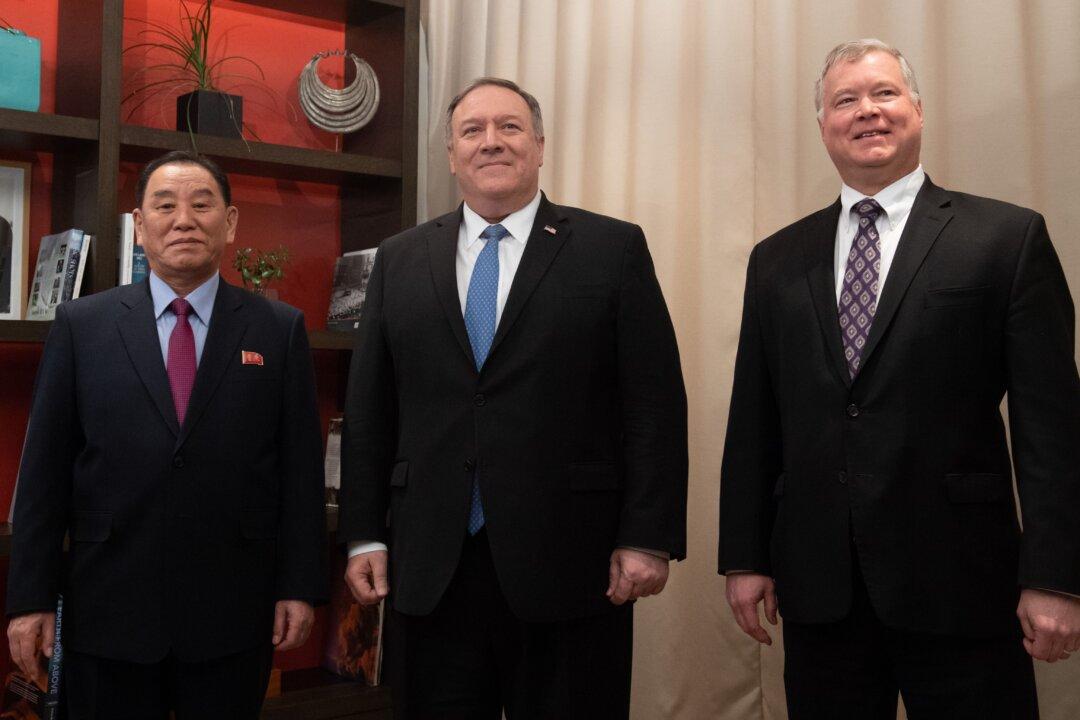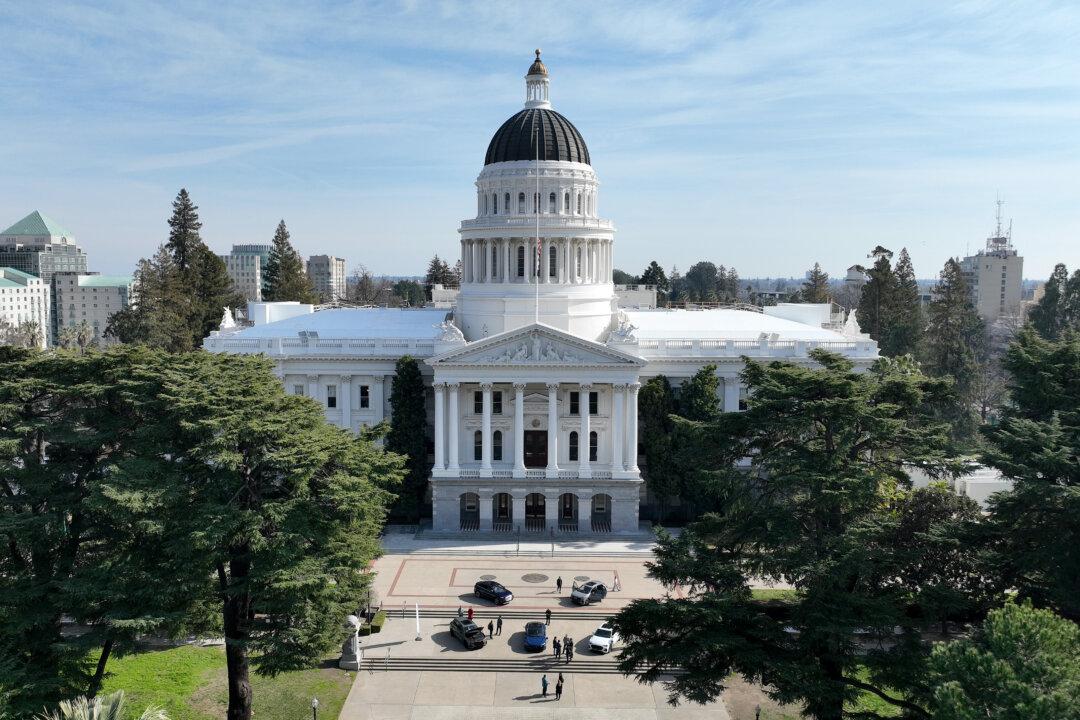PALO ALTO, Calif.—After 70 years of tension between North Korea and the United States, and two decades in which North Korea has possessed weapons of mass destruction, the two countries are making progress toward transforming their relationship in positive ways. Eventually, the United States seeks the complete denuclearization of North Korea.
This was the message delivered by Stephen Biegun, U.S. Special Representative for North Korea, in remarks at Stanford University’s Shorenstein Asia–Pacific Research Center on Jan. 31, 2018.





